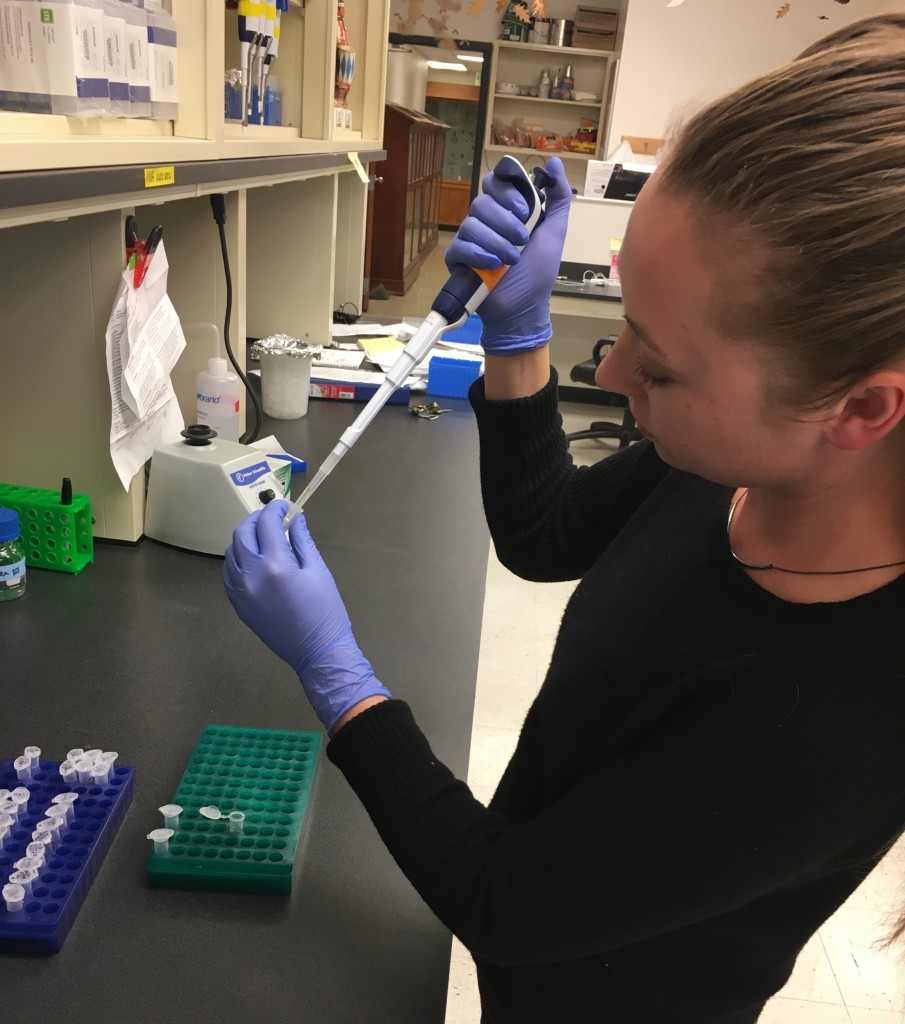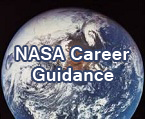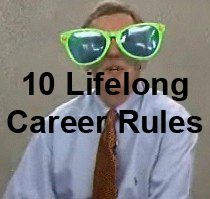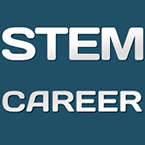What do humans, culture, science and technology all have in common? Answer: They are all constantly evolving! In fact, there’s a whole field of research dedicated to understanding the underlying principles for how things change over time. Jessica Warren, a researcher in CSU’s molecular evolution lab describes the importance of researching this topic in her quote, “understanding the molecular basis for how organisms change over time will provide some of the most fascinating and useful advances in science in this century”. Read more of Jessica’s interview for tips about how you can best prepare for your entry into this competitive and always changing field of study.

Year in present degree: 2nd year in Colorado State’s Botany PhD Program
Your previous degrees, majors, & schools: BS in Biology from Colorado State University
- What shaped your interest in your present research agenda?
I’ve been fascinated by evolution since I was in high school, and I believe that understanding the molecular basis for how organisms change over time will provide some of the most fascinating and useful advances in science in this century. When people talk about “the human genome,” not everyone realizes that humans (like all other eukaryotes) have two genomes! A nuclear genome as well as a mitochondrial genome. The descendent of mitochondria was actually a bacterium that was incorporated into our ancestral cell. These mitochondrial now make us energy, and I want to study how they evolve.
- What problem will your research help to solve?
Just like our nuclear genome, our mitochondrial genome encodes genes, but in some species, the mitochondrial genome is losing genes relatively quickly. The mitochondria with fewer genes are still able to function, make proteins, and provide energy for the organism. But how this gene loss is compensated for by the cell is not completely understood, and my research aims to answer that question.
- What Science, Technology, Engineering, Mathematics do you most use?
My research depends on algebra, statistics, and computational analysis. Whether it’s making a buffer solution, knowing how to interpret a large amount of data, or using computers to help organize and visualize things that are smaller than a single cell, biology now incorporates many different mathematical and scientific fields.
- What advice do you have for high school and undergraduate students about entering this field/area of research?
Become interested in computer science. Start taking programming classes, or find free resources online. Computer science and biology are becoming more closely tied, and the ability to answer many biological questions is requiring extensive use of computers and statistics.
- What advice do you have for school counselors and/or college advisors to help students succeed in STEM?
Reading relevant literature should start as early as possible. Students rarely start college with experience reading primarily literature. Reading published papers not only prepares a student for the world of research, it also helps students find their passions and areas of interest in research.
Stemcareer.com includes these interviews as part of the GAUSSI Career Planning program under the direction of Rich Feller PhD, Professor of Counseling and Career Development, Colorado State University.








Comments are closed.